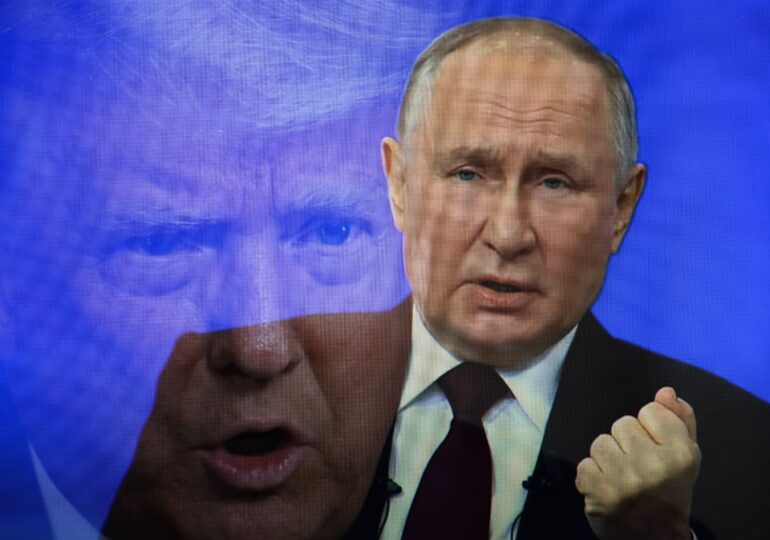The President of the United States, Donald Trump, recently issued an official ultimatum to Vladimir Putin: either he accepts a ceasefire by the beginning of September, or he will face „severe economic sanctions,” including tariffs imposed on countries that continue to trade with Russia, such as China and India.
Both in the West and in Moscow, reactions have been nuanced. While in European capitals and Kiev there was a sense of relief that Trump is not abandoning Ukraine, in Russia, financial markets immediately rose after the announcement – the stock index went up by 2.7%, and the ruble strengthened. „The ultimatum was interpreted in Moscow as a blank check for intensifying the offensive,” explained Tatiana Stanovaya, a Russian political analyst, cited by Politico.
An "emotional" and easily manipulated leader
In an analysis published by The Guardian, several Russian officials and analysts stated that Trump is perceived in the Kremlin as "emotional and susceptible to influence."
Alexander Dugin, Russian nationalist ideologist, wrote on Telegram: "Don't forget: we see the United States not as a neutral arbiter, but as a party in the war against us in Ukraine. You provide the weapons that allow our enemies to keep fighting. So yes, the US is at war with us. Putin gave Trump time to change that. Time is running out."
Sources from Russian power circles claim that Trump called Moscow at least six times and expressed frustration that he "got nothing in return." "I would come home and tell the First Lady, 'I had a wonderful discussion with Vladimir, I think we're done.' Then, I'd turn on the television and find out they bombed an old folks' home," Trump recounted.
Putin doesn't want a ceasefire, but a real victory
Fiona Hill, former Russia advisor in the Trump administration, warned that the American president "does not understand that Putin does not want a ceasefire. He wants a neutralized Ukraine, unable to defend itself."
Putin's conditions for peace remain unchanged: international recognition of the territories occupied by Russia, Ukraine's neutrality, a legal limitation of the Ukrainian army, and protection for Russian speakers.
A masked escalation in diplomacy
Even though Trump promised new Patriot systems for Ukraine's defense and additional weapons - without specifying exactly which ones - he avoided direct confrontation with Putin. During a press conference at the White House, Trump let NATO Secretary-General Mark Rutte explain the US position.
Behind this apparent firmness, Russian analysts see a strategic opportunity. Fyodor Lukyanov, a Kremlin-affiliated expert, says that "the first phase of the US-Russia relationship under Trump has ended, and Russia will not yield to pressure."
Instead of feeling threatened, Putin seems to have interpreted the ultimatum as a window of opportunity. "It is seen as a 50-day blank check," said a Russian foreign policy official. Meanwhile, the Russian offensive has intensified: swarms of drones attack Ukraine night after night, and cities like Pokrovsk are under constant pressure.
A war impossible to abruptly stop
Beyond geopolitical reasons, sociologist Ella Paneiak warns that Putin cannot abruptly stop the war. Such a halt would generate internal chaos in Russia: competition for resources between veterans, bureaucrats, and civilians, and a potential destabilization of regional power centers.
A former high-ranking official in the Kremlin stated clearly: "For Putin, the invasion of Ukraine is existential." He cannot go back to the population with anything less than a clear victory. With over 100,000 Russians dead in this war, "he cannot end the conflict without achieving something visible and significant," he said, as quoted by The Guardian.

